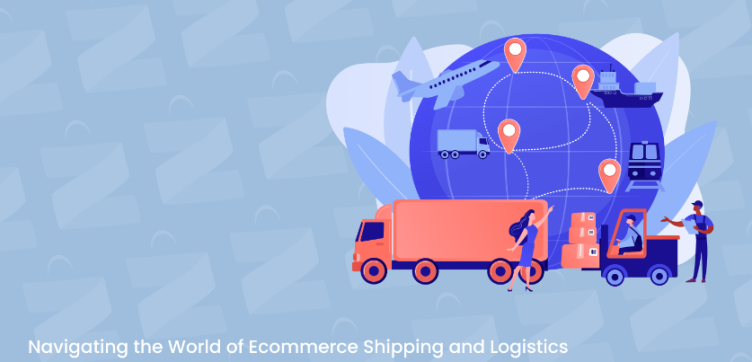In a world where change is the only constant, the logistics and e-commerce industries have been at the forefront of innovation and transformation. The convergence of technology, shifting consumer expectations, and the globalization of commerce have created a dynamic landscape that requires adaptation and foresight. Let’s delve into this ever-evolving world, exploring industry insights and the trends shaping the future of logistics and e-commerce.
E-commerce’s Unstoppable Rise
The rise of e-commerce has been nothing short of spectacular. Accelerated by the COVID-19 pandemic, online shopping has become an integral part of our daily lives. Consumers have grown accustomed to the convenience of ordering products from the comfort of their homes, and businesses have had to adapt to meet this demand.
According to Statista , global e-commerce sales are projected to reach a staggering $4.9 trillion by 2021. This growth is a testament to the resilience and adaptability of the e-commerce sector.
Logistics Redefined
Behind the scenes of every successful e-commerce transaction lies a complex web of logistics operations. From warehousing and order fulfillment to last-mile delivery, logistics providers are under increasing pressure to keep up with the pace of e-commerce growth. Orner Import Solutions LTD choose CargoZone – One Screen Supply Chain to be the operational & facing system which allow us to collaborate better with our clients and business partners.
The logistics industry has seen a surge in demand for innovative solutions such as warehouse automation, route optimization, and real-time tracking systems. These technologies enhance efficiency, reduce costs, and improve the overall customer experience.
Supply Chain Resilience
The COVID-19 pandemic exposed vulnerabilities in global supply chains. Disruptions in manufacturing, transportation, and distribution underscored the need for greater supply chain resilience and flexibility.
Supply chain diversification and a shift towards localized manufacturing and sourcing have become essential strategies to mitigate future disruptions. Companies are reevaluating their supply chain strategies to build in redundancy and agility.
Sustainability Imperative
Sustainability has moved to the forefront of both logistics and e-commerce. As consumers become more environmentally conscious, they are increasingly choosing businesses that prioritize eco-friendly practices.
We are actively seeking ways to minimize their environmental footprint while maintaining cost-effectiveness.
Last-Mile Innovation
The “last mile” in logistics—the final leg of delivery to the customer’s doorstep—remains a critical battleground. It’s where customer satisfaction is won or lost, and where innovative solutions are being deployed.
From drone and autonomous vehicle deliveries to neighborhood-based micro-fulfillment centers, last-mile innovation is booming. We are exploring creative ways to make deliveries faster and more convenient.
Data-Driven Decision Making
Data has become the lifeblood of logistics and e-commerce. Companies are leveraging big data and analytics to gain insights into consumer behavior, inventory management, and supply chain optimization.
Artificial intelligence and machine learning algorithms are being employed to predict consumer demand, optimize inventory levels, and fine-tune delivery routes, resulting in cost savings and improved service.
Navigating the Future
The world of logistics and e-commerce is a fast-paced, dynamic arena, driven by innovation and fueled by consumer demand. Adaptation and foresight are the keys to success. As these industries continue to evolve, businesses must stay informed, embrace technological advancements, and prioritize sustainability to thrive in the new era of commerce. The future belongs to those who can navigate the challenges and seize the opportunities presented by this ever-changing landscape.

